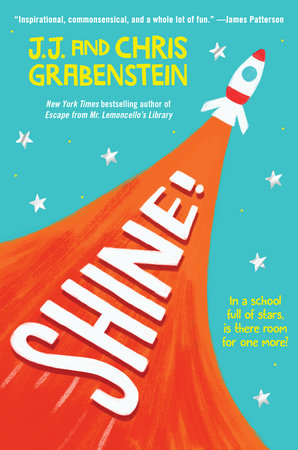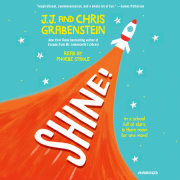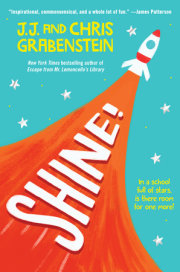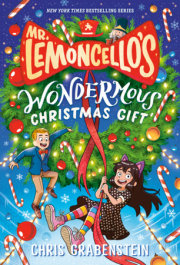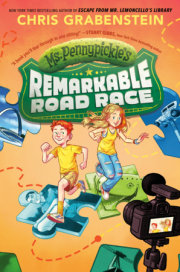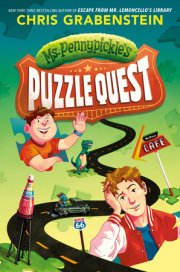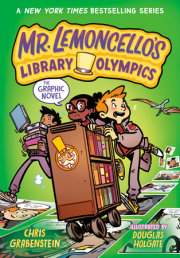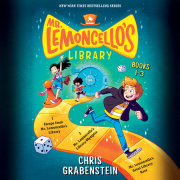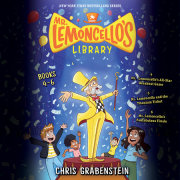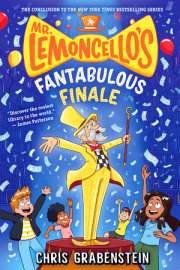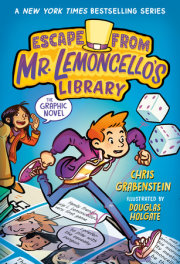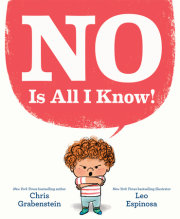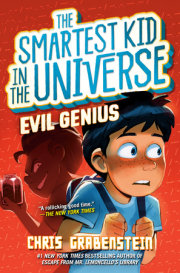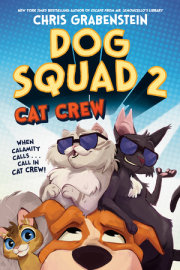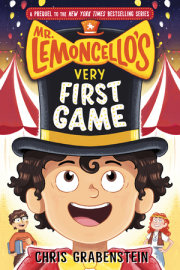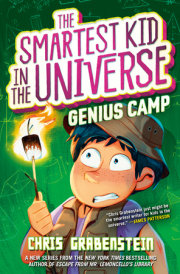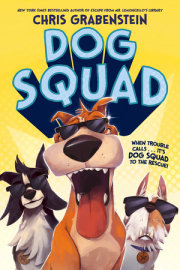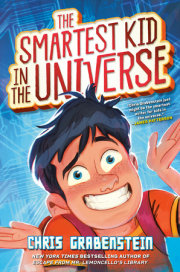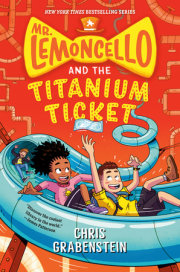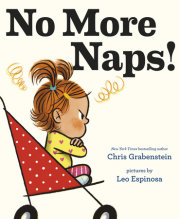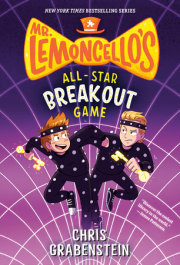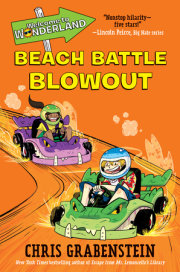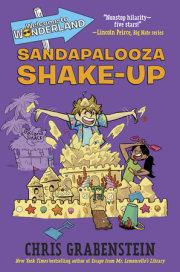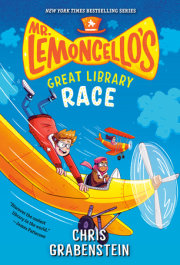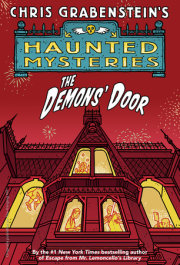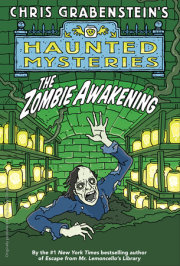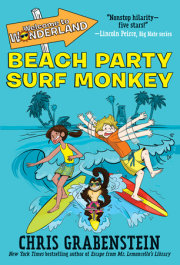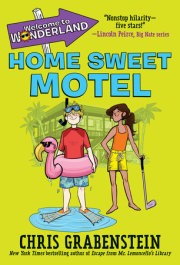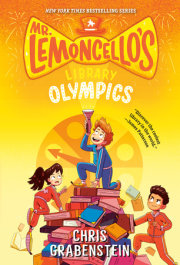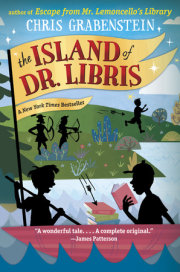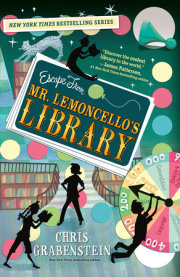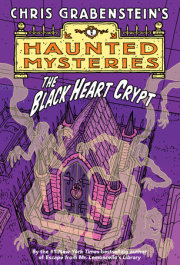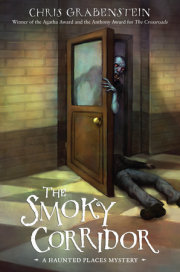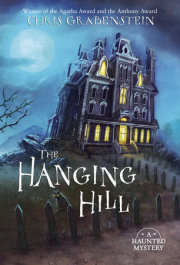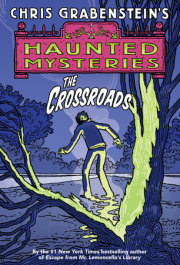Some people are meant to shine.
Others are better off blending in.
Me?
I’m a blender. But tonight is one of the biggest nights ever for my dad, so I’m here to help.
Dad’s singers are onstage at the Municipal Auditorium, waiting for the curtain to rise. I’m off in the wings, dressed in black, trying to disappear.
My dad, Marcus Milly, is a music teacher at Fairview Middle School. His a cappella group has finally, for the first time in recorded history, by some sort of miracle, made it all the way to the biggest show in town: the finals of the Winter Sing-Off.
The place is packed. The local news crews are here, too, taping reports for their eleven o’clock broadcasts.
“The finals!” I hear the reporter from Channel 8 say into a camera. “You can’t get much closer to the big finish than that!”
Dad’s group sailed through the first two rounds with their mash-up of “Let It Snow” and “Winter Wonderland,” which, by the way, sounded even better on a stage sparkling with glittery spray-can snow. Now they just have to do one more song for the judges. And they’ll do it without instruments or even a piano because that’s what “a cappella” means. It’s all vocals and schoop-schoops and mouth noises.
I don’t go to Fairview. (I’m a seventh grader at Westside.)
That’s a good thing.
Music is Dad’s life. And even though I’m related to the director, I don’t sing well enough to make the Fairview choir. Or any choir.
Because I can’t carry a tune in a lunch box.
At home, I don’t even sing in the shower.
And we definitely don’t do carpool karaoke.
Anyway, like I said, Dad has never come this close to winning the big countywide holiday a cappella contest, and I’ve never been more excited for him.
That’s why I volunteered to be his assistant and help out backstage. Dad and his singers are the main attraction. I’m just a moon orbiting their planet.
“This is it, Piper,” says Dad, his eyes twinkling with excitement.
“You’ve got this!” I tell him.
We fist-bump on it.
The curtain will go up for everybody’s final songs in seven minutes. I can see other choirs waiting in the wings. Some are in red-and-green outfits. Others in sparkling blue and silver. The backdrop is a row of Christmas trees flanked by a cardboard menorah and a Kwanzaa candle set.
Dad’s group is totally focused, doing their vocal warm-ups.
“Ah-oh-oo-oh-ah . . .”
They limber up their lips with a tongue twister.
“Red leather, yellow leather, red leather, yellow leather . . .”
Suddenly I hear a cough!
Dad twirls around. Now there’s panic in his eyes.
One dry throat in the soprano section could ruin everything! That’s exactly what happened at the Nationals last year. Dad and I watched it on YouTube. A coughing fit took down the top team in the country. (A girl up front was hacking so much during “Let It Go” that she sounded like a high-pitched Chihuahua.)
“Water, Piper,” Dad says. From the tremor in his voice, I can tell: he remembers that disaster, too.
“Room-temperature water!” I add, because my scientific brain knows that room-temperature water is much better for vocal cords than cold or hot.
Cold water could actually hurt a singer’s voice--tighten the cords when they need to be loosened. You don’t want hot water, either, because it can cause your pharynx to swell slightly. You should also avoid dairy.
I take off, looking for a water dispenser with one of those hot taps for making tea, so I can quickly pour the perfect mix of hot and cold to achieve room temperature. On the far side of the stage, I think I see one.
It’s right behind a competing a cappella group.
But they’re not doing any last-minute vocal warm-ups.
They’re too busy pointing, laughing, and making fun of Dad and his singers!
Copyright © 2019 by J.J. Grabenstein. All rights reserved. No part of this excerpt may be reproduced or reprinted without permission in writing from the publisher.

